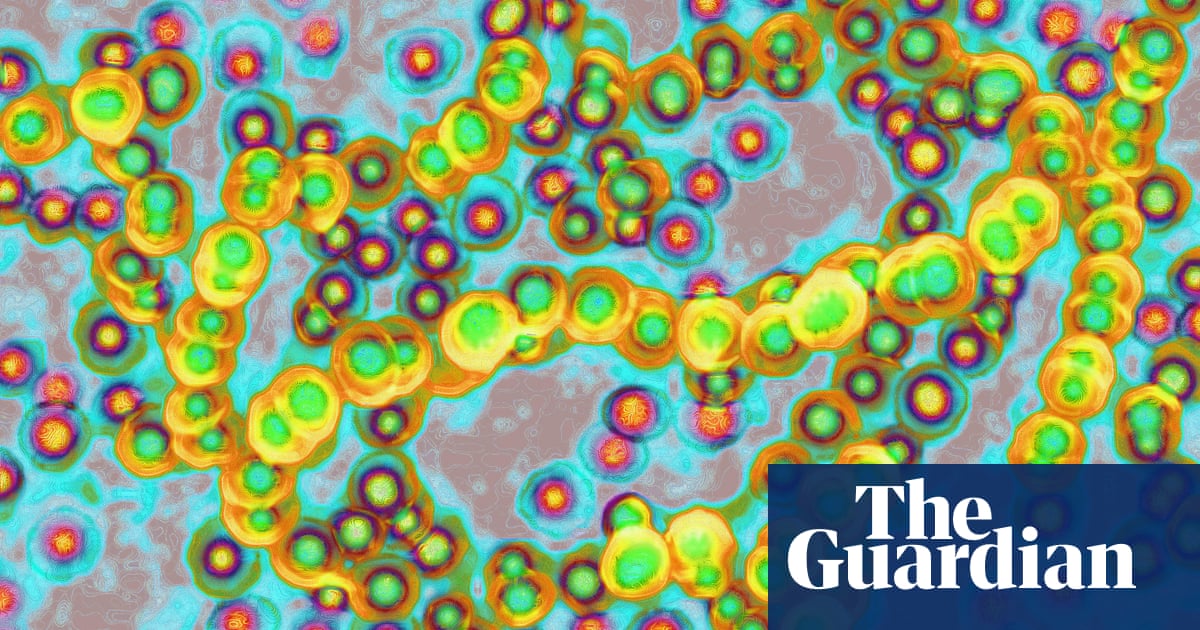Experts warn about alarming increase in dangerous bacterial infection in Japan
Health officials in Japan are faced with a worrisome surge in cases of a rare but perilous bacterial infection that is spreading at an unprecedented rate. Medical experts are struggling to identify the cause. Authorities fear that the most severe form of group A streptococcal disease, known as streptococcal toxic shock syndrome (STSS), will continue to proliferate, as the presence of highly virulent and infectious strains has been confirmed in the country.
Record-breaking numbers anticipated in 2024
The National Institute of Infectious Diseases (NIID) has revealed that the number of STSS cases in 2024 is projected to surpass last year’s record numbers. Alarming figures indicate that 941 STSS cases were reported in 2023, with 378 cases already recorded in the first two months of this year. The infection has been identified in all but two of Japan’s 47 prefectures.
Unidentified factors ö raise concerns
The NIID has expressed fears about the lack of understanding regarding the mechanisms behind the fulminant (severe and sudden) forms of streptococcus, as there are still many unknown factors at play.
Youth and strain at increased risk
While the older population is generally considered to be at greater risk, recent data from NIID suggests that the group A strain is causing more deaths among patients under 50. Out of the 65 individuals under 50 diagnosed with STSS between July and December 2023, the Asahi Shimbun newspaper reported that approximately one-third, or 21, lost their lives.
Causes, symptoms, and complications
Group A streptococcal disease is predominantly caused by a bacterium called streptococcus pyogenes, commonly known as strep A. Although strep A can often lead to harmless sore throats, particularly in children, it can occasionally result in serious illness, health complications, and death. The infection is highly contagious and can cause strep throat, tonsillitis, pneumonia, and, in the most severe cases, organ failure and necrosis. Approximately 30% of STSS cases are fatal.
Link between rise in cases and Covid-19
Some experts believe that the rapid increase in STSS cases in the past year may be related to the easing of Covid-19 restrictions. In 2023, the Japanese government downgraded Covid-19’s status, placing it on a legal par with seasonal flu. This shift in classification, along with the loosening of mandates, caused people to lower their guard and abandon basic preventive measures that had helped to keep Covid-19 deaths in Japan comparably low.
Experts express concern
Ken Kikuchi, a professor of infectious diseases at Tokyo Women’s Medical University, has expressed tremendous concern over the sharp rise in severe invasive streptococcal infections this year. He believes that the reclassification of Covid-19 has played a significant role in increasing streptococcus pyogenes infections, leading more people to neglect important preventive measures, such as regular hand disinfection.
Preventive measures and treatments
Streptococcal infections, like Covid-19, spread through droplets and physical contact. The bacteria can also enter wounds on the hands and feet. Antibiotics are commonly used to treat Strep A infections, but patients with severe invasive group A streptococcal disease often require a combination of antibiotics and additional drugs, along with intensive medical attention. The Ministry of Health in Japan advises the public to adhere to the same basic hygiene precautions adopted during the Covid-19 pandemic to help prevent the spread of Strep A infections.
With such a concerning rise in cases, it is crucial for authorities and medical professionals to better understand the mechanisms behind severe invasive streptococcal infections and take immediate action to control the spread of this dangerous bacterial disease.


/img-s3.ilcdn.fi/e48ad3e5d68c6ef2bfb65e08ff645e5ece1979f95b51cc49cc99e3183c7e4e28.jpg)